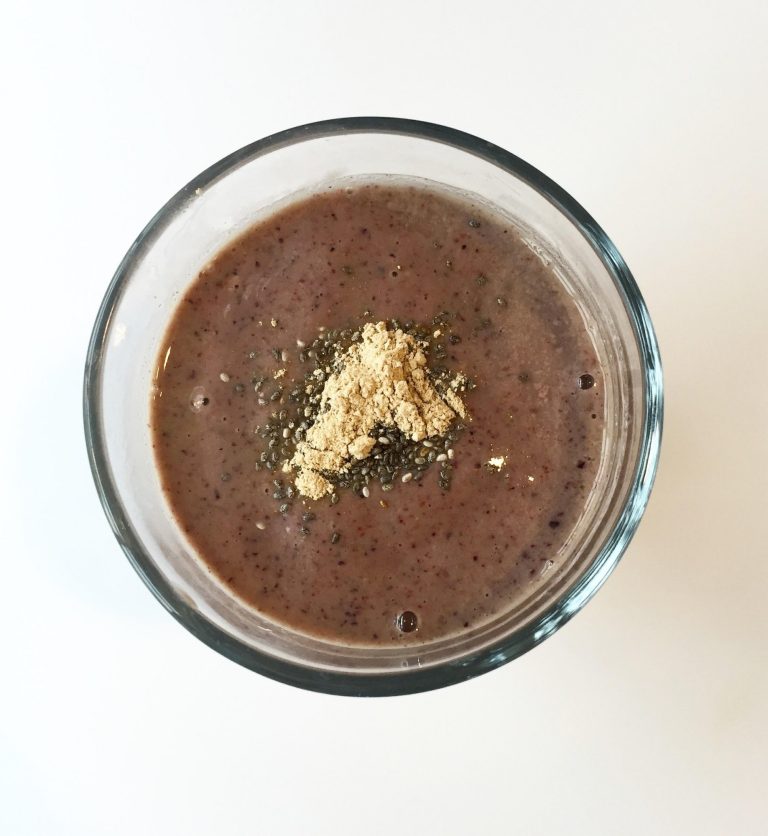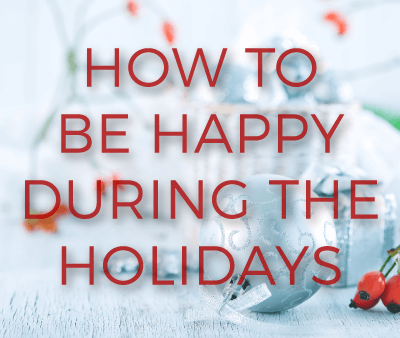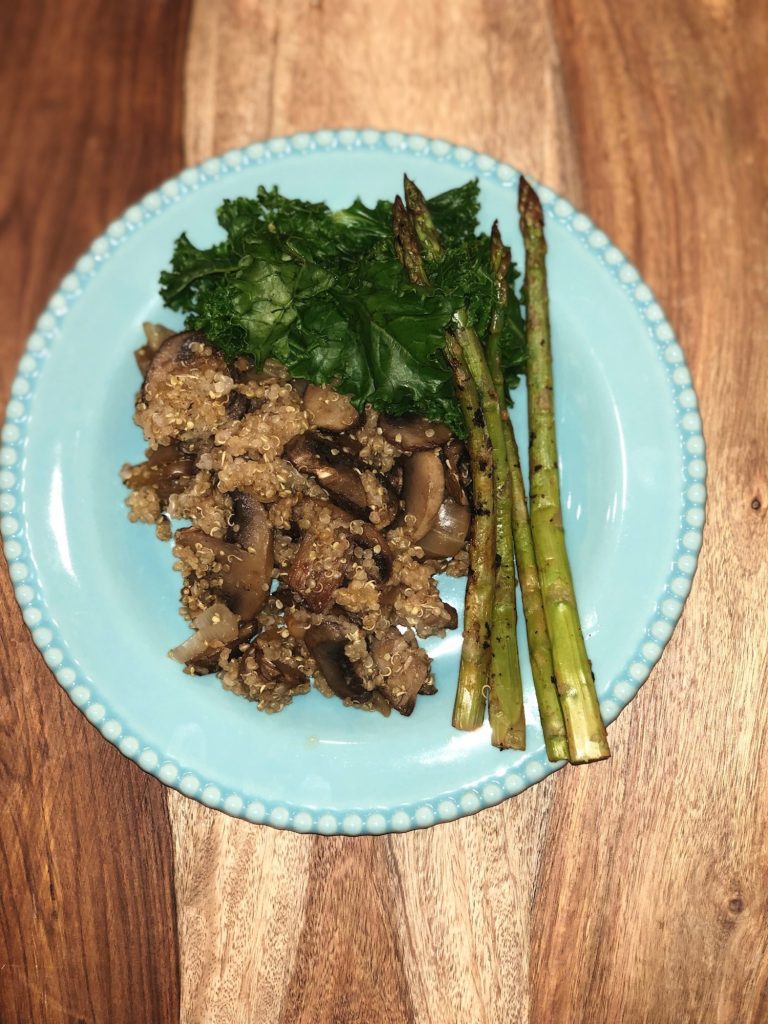How to Optimize Your Daily Routine for Optimum Health
By Nicole Martin
September 1, 2016

Life can be overwhelming. Jobs, families, the daily grind of just being alive.
It can be hard.
That’s why it takes an intentional plan to keep yourself centered and calm. So much of our lives are spent just reacting to things. In order to be healthy, we need to flip that equation and plan our days out to be proactive in the face of whatever stressors come our way. It sounds strange to speak about staying centered, calm, at peace as work—but that’s really exactly what it is.
So much of what we do lies in the overlap between our minds and the rest of the world. How we think and feel about the world determines, in a very real way, how we live our lives. Adding powerful habits into your daily flow can have life-changing effects on all aspects of your health.
Here are 7 ways to take action and optimize your daily routine for optimum health.
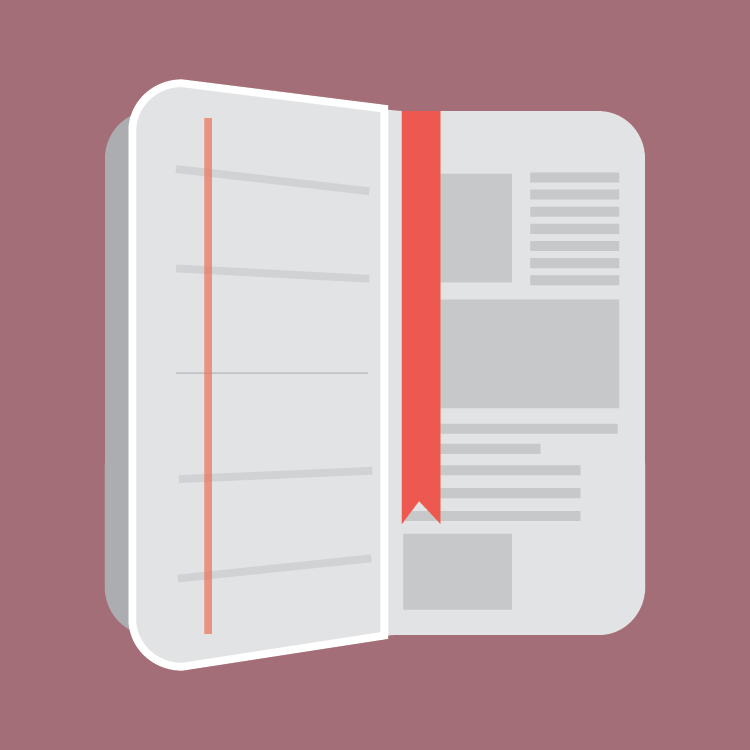
1. Gratitude Journal
Spending a few minutes each morning writing down three things you are grateful is no small thing. It’s easy, yes, but the impact is enormous. It’s so important, in fact, that this is one of the first habits we begin building in our members at The Wellness Training Institute. Before dietary stuff, before breathing and meditation, before anything.
The reason for this is because a Gratitude Journal does (at least) two key things.
One, it gets your mind set for the day. Even if you’ve gotten up on the wrong side of the bed that morning, focusing on tangible positives in your life will get you calibrated to spend the rest of the day looking for silver linings despite whatever storms might be looming.
Secondly, it’s an easy habit to build. And once you get this habit down, you’re able to build other healthy habits on top of it.
So, take five minutes each morning for the next two weeks and write down three things you are grateful for. It’s that simple.
(To learn more about why a Gratitude Journal is such an amazing tool, check out this post.)
2. Lunchtime Meditation
You don’t have to be the Dalai Lama to meditate. No mountain tops required.
Here’s the deal: Meditation sounds like this big scary thing. It sounds hard. It sounds boring. It also might sound like something that someone like you wouldn’t ever do.
The reality, though, is that meditation is really just focused on two things:
One, meditation is about what we call “mindful breathing.” This is the simple action of concentrating on your breath as you inhale and exhale.

Breathing correctly can relieve — if not eliminate altogether — our depression and anxiety. Our minds are constantly under attack from our senses, our thoughts run crazy, and distraction is the norm. Breathing correctly puts all of this back in balance, grounds us, and puts our bodies at ease.
Two, meditation has a lot to do with cultivating awareness. This is simply the act of sitting with your thoughts, observing them, putting space between them. You separate out all the thoughts you have, as they come, focus on how they connect, how they make you feel. And with each one, once you’ve seen it for what it is, you release it and allow the next one to come.
Meditation, at its foundation, is just combing these two things—mindful breathing and cultivating awareness.
Simply set aside ten minutes in your day to find a quiet spot, close your eyes, breathe deeply, and relax with your thoughts.
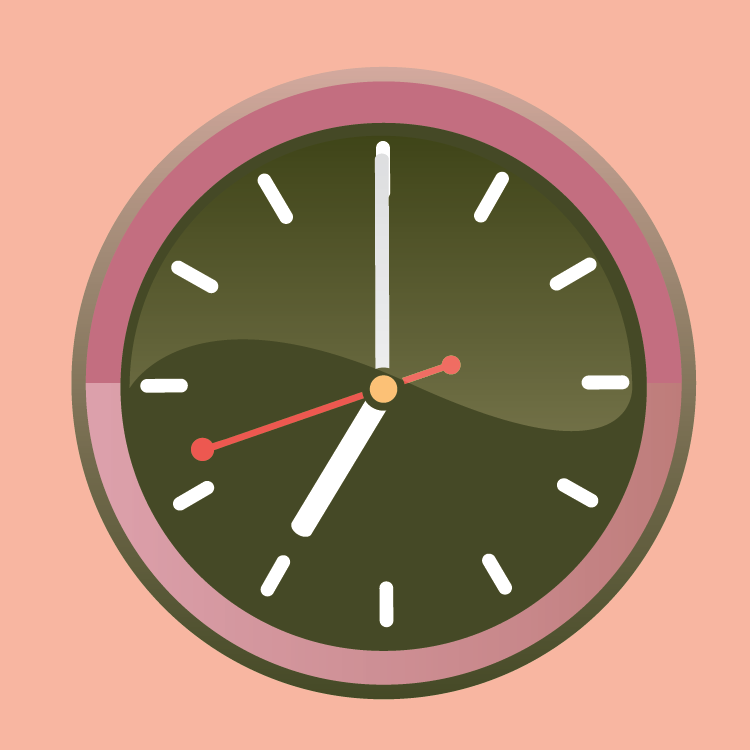
3. Time Out Your Breath
Breathing is the foundation of a healthy life. Without air, you literally die. And learning how to breathe the right way is one of the most important steps you can take in your health journey.
The key is to get it positioned inside your day as something that eventually becomes a habit.
Here’s a great way to do that:
Set a timer for a few times a day. Whenever the timer goes off, take ten deep body breaths.
It’s that simple.
Commit to this technique, and you’ll be surprised how more relaxed you feel throughout the day. It makes a huge difference.
4. Schedule Your Calm
Another habit to begin to develop within your daily routine is to be very mindful of what points in your schedule allow you to kind of “get away” and do something relaxing.
Your drive home from work or the store, for example, could be a good time to shut out the distractions and be alone with your thoughts. (Provided, of course, that you can do this and still navigate, you know, traffic.)
Scheduling out a walk after dinner, or in the morning before you jump full bore into your day, could also be a good way to find some peace and work through your thoughts and feelings.

Whatever you choose to do, just do it. Schedule it in and commit to it.

5. Retrain Your Triggers
Remember that Pavlov guy and his dogs? By teaching his pooches to connect in their minds the sound of a bell with a bowl of kibble, he found he could get them to salivate on cue.
You can do the same thing with your stressors (minus the drool).
Here’s how it works:
Figure out one of your stressors. For this example, let’s say it’s a phone call from your boss.
Next, attach a sound to that stressor. In this case, it would be the sound your phone makes when he calls you.
Take that sound and use it as the timer we used in #3 above. Whenever you hear that sound, you do something relaxing (like take 10 deep body breaths, for example).
Do this for a few days. Within a week you’ll find that the very sound of the phone will trigger your body to begin to relax. So when your boss calls, instead of your sympathetic nervous system turning your head into a pressure cooker, your body will automatically relax, allowing you to deal with what you need to from a proactive position of calm.
6. Remind Yourself to be Happy
Negativity is a feedback loop. A couple things go wrong, your mood starts to go south, and before you know it, you’re caught in a self-perpetuating cycle of GRUMP.
Being mindful about taking a few moments out of each day to remind yourself to be HAPPY (because, after all, happiness really is a choice) can work wonders in keeping your spirits up and ready to face the next challenge.
Schedule it in. Stick to it. And soon it will become a habit.
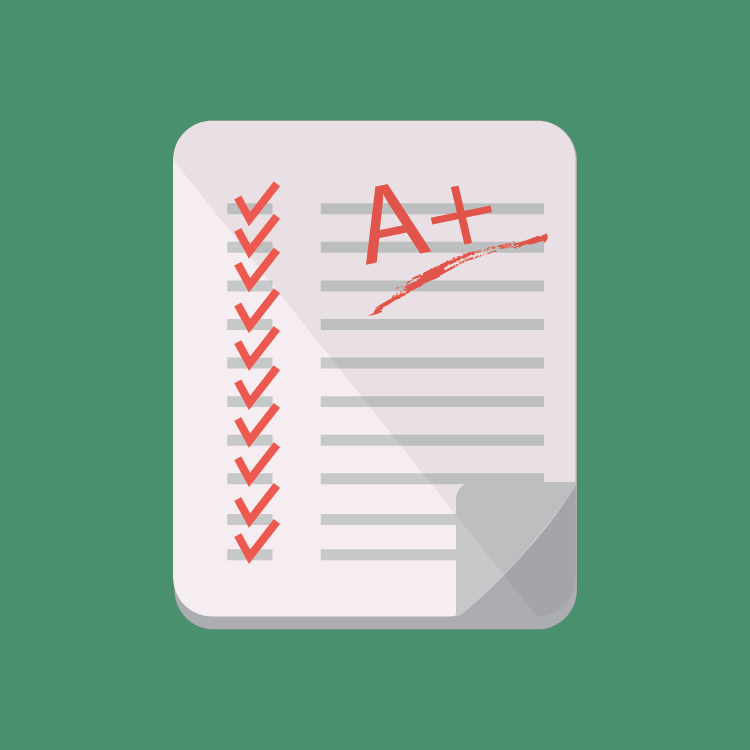

7. Two Good/Two Bad/Let Go
How a particular morning starts off often has a lot to do with how you closed down your day the night before. If you go out binge drinking in the evening, for example, you’re almost guaranteeing a rough start to tomorrow. It works in a positive sense as well.
At the end of each day, write down two good things that happened that day.
Next, write down two things you wish you’d done better. Forgive yourself. Commit to yourself that you’ll try better tomorrow.
Finally, write down two things you’d like to accomplish the next day.
Then close the book on the day. Let go of it all. It’s all history now and tomorrow is a new day.
Shut it down for the night, get a great night’s sleep, and then get up again tomorrow, one day closer to the calm, centered, healthy life you’ve always longed for!



